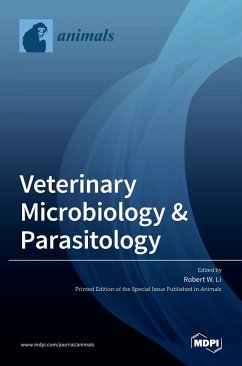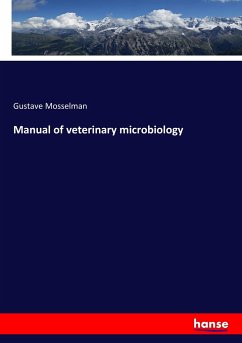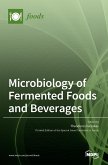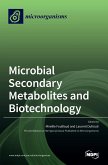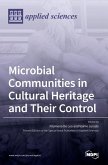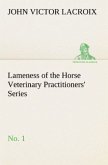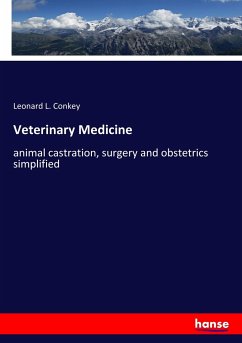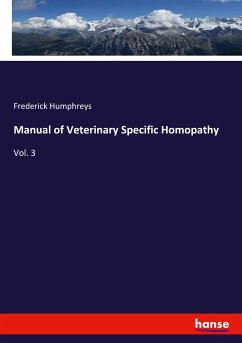Numerous pathogens affect animal health and wellbeing and production efficiency. These pathogens also have a considerable impact on social economics, food safety and security, and human health. Infectious diseases that originate from both domesticated animals and wildlife represent one of the greatest threats to human health. Recent studies show that domesticated species harbor approximately 84 times more zoonotic viruses than wild species. Eight of the top 10 mammalian species with the highest number of zoonotic viruses are domestic, such as pigs, cattle, and horses. Many animal parasites are also zoonotic, constituting an additional burden on human health. Furthermore, the rapid emergence and spread of drug-resistant pathogen strains pose new threats to animal and human health. Climate changes will undoubtedly alter the interactions between animals and between animals and humans, which will have a huge impact on the transmission rate of existing pathogens and the emergence of new pathogens or the reemergence of old pathogens. In this special collection, interactions of all major pathogen types, including viruses, bacteria, mites and flies, protozoans, and helminths, and their hosts, such as wild and companion animals and livestock species, are discussed. Further, anthelmintic activities of natural products are evaluated. The relevance and utility of cutting-edge tools, such as immunology, genomics and genetics, microbiome studies and metabolomics, and molecular epidemiology, in dissecting host-pathogen interactions are also discussed. This special collection provides a broad knowledge base that encourages dialogue across a wide distribution of the research community in veterinary microbiology and parasitology.
Hinweis: Dieser Artikel kann nur an eine deutsche Lieferadresse ausgeliefert werden.
Hinweis: Dieser Artikel kann nur an eine deutsche Lieferadresse ausgeliefert werden.

